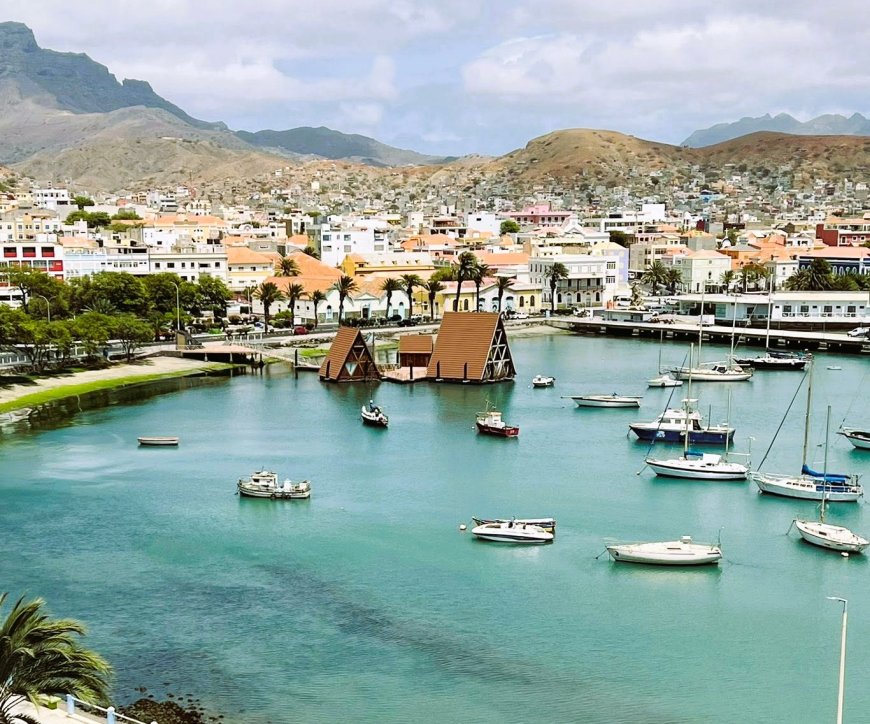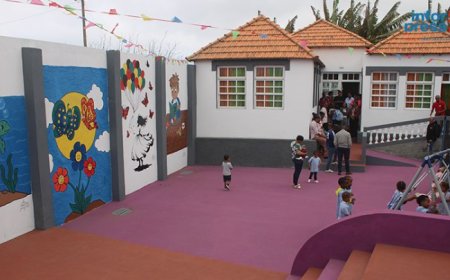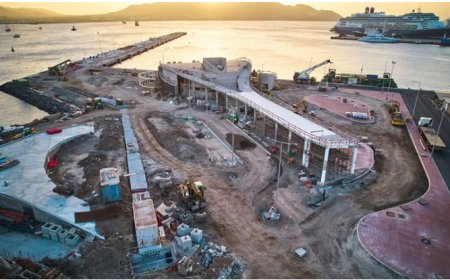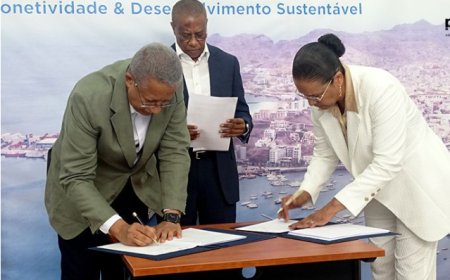Cape Verde Reaches Upper Middle Income Category According to World Bank
Cape Verde has been reclassified as an upper middle income country by the World Bank following a 16.8% increase in gross national income (GNI) per capita. The growth was driven by tourism, falling unemployment and economic reforms supported by the United Nations. In contrast, Namibia was downgraded to the lower middle income category due to a fall in its GNI per capita.

On July 1st, the World Bank announced important changes in the classification of countries based on gross national income (GNI) per capita, highlighting Cape Verde and Namibia as two emblematic cases of reclassification.
Cape Verde rose to the category of upper middle income country, leaving the lower middle income group. This rise was the result of a combination of positive factors. In 2024, the country's Gross Domestic Product (GDP) grew by 7.3%, with a 16.5% increase in the tourism sector standing out. Inflation also slowed down, with the GDP deflator falling from 4.1% to 1.7%. In addition, a downward demographic revision (-12.8% in population) resulted in a significant increase of 16.8% in GNI per capita.
Cape Verde's economic progress was further boosted by a cooperation framework with the United Nations (2023-2027), which supported the implementation of the strategic plan for sustainable development (PEDS-II). These measures made it possible to reduce unemployment to 10.3% and poverty to 15% by 2023.
While Cape Verde is rising, Namibia is struggling. The country was downgraded to lower middle income after a 12.9% reduction in its GNI per capita. Among the challenges pointed out are the high public debt (8.74 billion dollars, equivalent to 65.3% of GDP), low local production, strong dependence on imports and economic concentration on mineral resources.
According to the World Bank, countries are classified exclusively on the basis of GNI per capita using the Atlas method. The update for fiscal year 2026 is based on data from 2024. The changes reflect global economic dynamics, sustained growth in developing countries, international integration, national reforms and external support.
























































